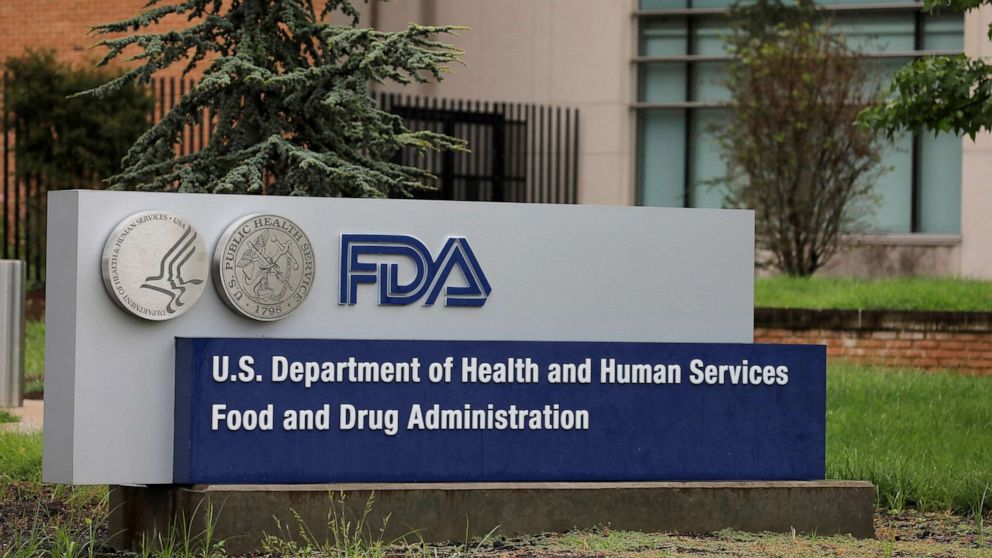U.S. Food and Drug Administration approved A new drug Tuesday to treat a rare form of amyotrophic lateral sclerosis (ALS).
The drug Qalsody (tofersen) is expected to help people with a very specific SOD1 mutation that affects only 2% of the ALS population.
In a statement, the FDA said it estimated “less than 500 people with SOD1-ALS in the United States.”
In qualified individuals, the drug may slow muscle degeneration by targeting SOD1 messenger RNA (mRNA). This is the genetic material that tells the body how to make protein and reduces the amount of protein it makes.
According to the FDA, studies have shown that the drug reduces plasma neurofilament light (NfL), a blood-based biomarker of axonal (nerve) damage and neurodegeneration.
“Patients who received Qalsody had a nominally significant reduction in plasma NfL concentrations at week 28 compared to the placebo group,” the FDA said in a statement.
“The genetic form of ALS caused by a mutant SOD1 may be one of the most aggressive forms of the disease, affecting not only those experiencing the disease but also half of their families. ,” Dr. James Berry, chief of Massachusetts General Hospital’s Division of ALS and Motor Neuron Disease, told ABC News.
The gene was first discovered in hospitals in the 1990s, and ALS patients with MGH are now receiving the drug as part of a trial.
“This brings hope to finally change the paradigm of how ALS patients are treated and what the disease course looks like. It’s incredibly exciting,” said Berry. .
The drug is given by lumbar puncture or spinal injection and is given 3 doses 14 days apart, followed by monthly doses.
The researchers determined that Qalsody was safe, with the most common side effects being pain, fatigue, joint and muscle pain, and increased white blood cells in the cerebrospinal fluid.
The drug was conditionally approved by the FDA under Fast Track designation. Biogen, which makes the drug, needs to complete additional, larger studies of its efficacy.
“There is no doubt that there is efficacy,” Dr. Colin Quinn, a neurologist at Penn Medicine, told ABC News. “They continue to collect data through open-label extensions. , which is very promising.”
Although the drug covers some of the ALS patents, Quinn and colleagues hope to pave the way for treating patients with sporadic ALS.
“Therapies that silence RNA that you don’t want to exist could have broader applications in ALS,” he said. “And, in fact, there are multiple trials currently looking at just that, so I think it’s really important to prove that this approach works at all.”
That’s after the FDA approved another drug from Biogen, Aduhelm, as a treatment for Alzheimer’s disease in 2021, despite a lack of evidence of its effectiveness.
ALS, also known as Lou Gehrig’s disease, is a neurodegenerative disease that affects nerve cells in the brain, causing weakness and paralysis.
The disorder often begins with patients experiencing muscle spasms or weakness in one arm or leg, followed by difficulty swallowing and slurring.
The patient’s condition eventually deteriorates to the point that he cannot move, speak, eat, or even breathe on his own.
according to 2017 estimate About 32,000 people in the United States have ALS, according to the Centers for Disease Control and Prevention.
There is no cure, but some already approved treatments may help. According to the ALS Association, it’s always fatal.
“ALS was, until just a few years ago, thought of as a disease that we really struggled to move forward with,” Berry said. “We now have effective treatments approved for SOD1 ALS patients, and through clinical trials, we are truly changing the way people care. Now is a great time.”
